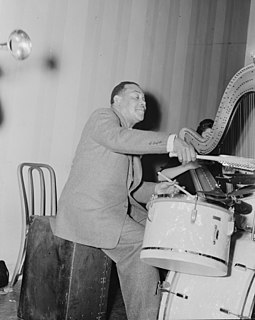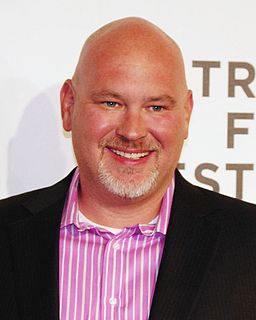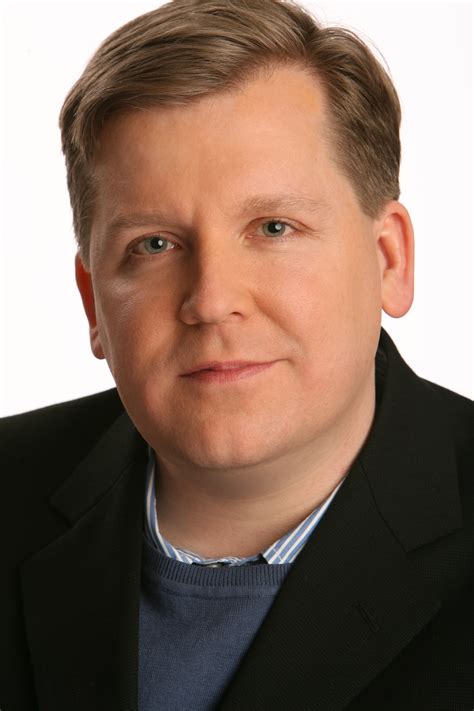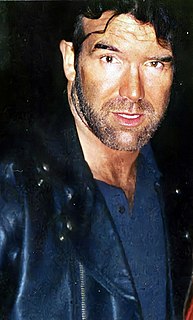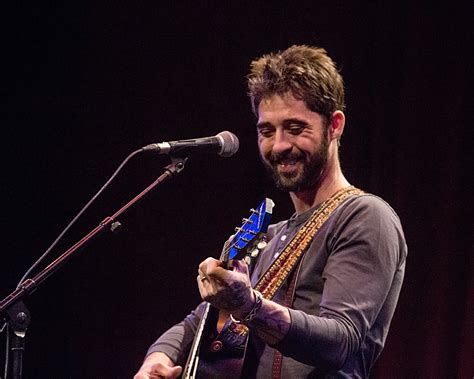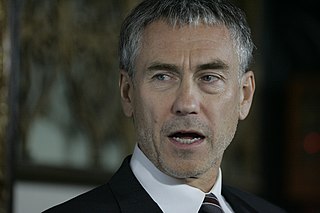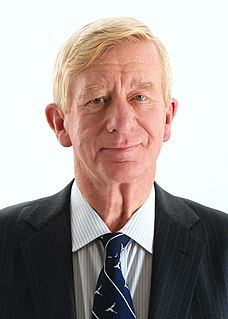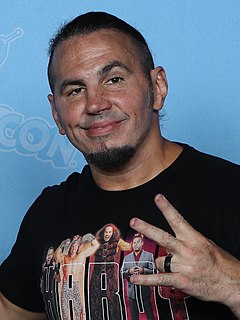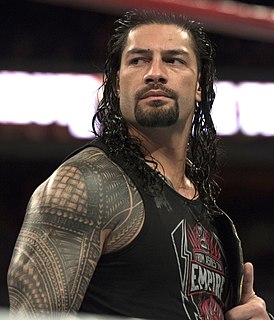A Quote by Bobby Lashley
We had some rough times in TNA. We had some pay issues, and this and that, they were some other issues. But at that time, we were working harder than we ever worked. Even though, you know, we were being paid late and all, we worked harder than we worked before.
Related Quotes
I've always resented the smug statements of politicians, media commentators, corporate executives who talked of how, in America, if you worked hard you would become rich. The meaning of that was if you were poor it was because you hadn't worked hard enough. I knew this was a lite, about my father and millions of others, men and women who worked harder than anyone, harder than financiers and politicians, harder than anybody if you accept that when you work at an unpleasant job that makes it very hard work indeed.
There were so many bands in New Orleans. But most of the musicians had day jobs, you know -- trades. They were bricklayers and carpenters and cigar makers and plasterers. Some had little businesses of their own -- coal and wood and vegetable stores. Some worked on the cotton exchange and some were porters. They had to work at other trades 'cause there were so many musicians, so many bands. It was the most musical town in the country.
When I worked with General Electric, again this was soon after the Second World War, you know, I was keeping up with new developments and they showed me a milling machine and this thing worked by punch cards - that's where computers were at that time, and everybody was sort of sheepish about how well this thing worked because in those days machinists were treated as though they were great musicians because they were virtuosos on these machines.
I was a housewife, so I learned to write in times off, and I don't think I ever gave it up, though there were times when I was very discouraged because I began to see that the stories I was writing were not very good, that I had a lot to learn, and that it was a much, much harder job than I had expected.
I have been to rehab nine times. They were high dollar and some of the best ones around. Vince has picked up the tab the last couple of times. If you ever work or worked for WWE, if you ever need help, he will give it to you. He is really cool. Thanks to Vince, his wife Linda, Stephanie, Shane and Paul. Thank you for helping me. It's hard to ask for help. It's even harder to accept it, when people offer it.
Me and my sisters were taught that if our eyes worked and our legs worked, we were beautiful. We had so many kids in our family that if we all got in front of the mirror and were ashamed of browns and golds and yellows and whites, and we believed what society told us - that the darker people were less attractive and the lighter ones were prettier - we would have had sibling murders. My family, being half-rural and half-military, just came from a different place.
What you need to know to direct a movie is [of] such great variety. I've worked with people who were maestros, who know everything. I've worked with people who were empty and lost, who had no clue what they were doing. You wouldn't hire them to paint your apartment. And then there's everything in-between. There's no list of skills you have to have to sit in that chair.
You know in fairness Gary [Johnson] and I have not agreed on a number of substantive issues in this campaign, tax policy, we've had some influence on each other, I think I've had some influence on him, on constructive engagement around the world, he's had some influence on me in criminal justice reform issues.


